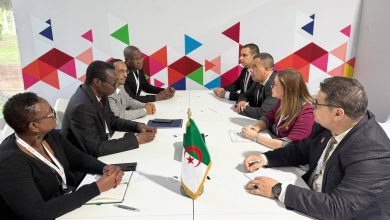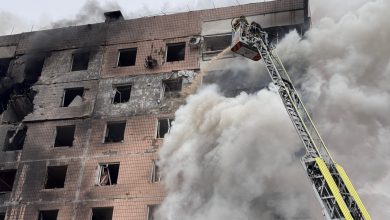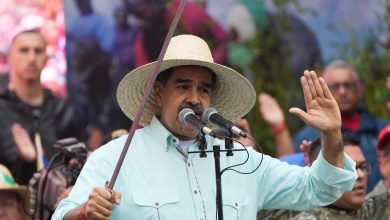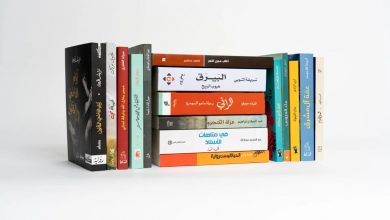Brahim Ghali, President of the Sahrawi Arab Democratic Republic (SADR) and Secretary-General of the Polisario Front, has reaffirmed that the joint United Nations–African Union settlement plan remains the only legitimate framework for achieving the decolonization of Western Sahara, which has been under Moroccan occupation since 1975.
In a letter to UN Secretary-General António Guterres, Ghali underscored that the Western Sahara issue is not a bilateral dispute but an international question of decolonization, formally listed on the UN General Assembly’s agenda. He stressed that 2025 marks half a century since Morocco’s armed occupation of the territory, which he described as a “flagrant breach of the UN Charter” and of the Sahrawi people’s inalienable right to self-determination and independence.
Ghali denounced Morocco’s “illegal and continuing military occupation” as the gravest violation of that right, noting that it has led to systematic abuses of political, social, and cultural freedoms. These violations, he said, have been documented and condemned by numerous UN bodies, international organizations, and African institutions.
The Sahrawi leader also drew attention to the plight of Sahrawi political prisoners, particularly the Gdeim Izik group, who remain detained in Moroccan prisons under “tragic conditions,” including medical neglect, solitary confinement, and punitive restrictions. He urged the UN chief to take immediate steps to secure their release so that they can return to their families.
Ghali accused Moroccan authorities of pursuing a “scorched earth policy” aimed at uprooting Sahrawis from their lands, while simultaneously exploiting the territory’s natural resources in collusion with foreign partners. He described this as part of a broader strategy of impoverishment, exclusion, and racial discrimination against the Sahrawi people.
Legal and humanitarian dimensions
He pointed to two landmark rulings issued by the Court of Justice of the European Union (CJEU) in October 2024, which reaffirmed the “separate and distinct” status of Western Sahara and declared EU–Morocco agreements covering the territory invalid, as they lacked the consent of the Sahrawi people and violated their right to sovereignty over natural resources.
On security matters, Ghali condemned Morocco’s repeated breaches of the 1991 ceasefire, particularly since November 2020, accusing its forces of deploying drones against Sahrawi civilians. Such actions, he warned, constitute war crimes under the Rome Statute of the International Criminal Court. He further criticized Morocco’s imposition of a military siege and media blackout in the territory, aimed at preventing UN bodies, NGOs, and international observers from exposing ongoing abuses.
Call for UN action and renewed dialogue
The Sahrawi president urged the United Nations to shoulder its “moral and legal responsibilities” by establishing a permanent, independent human rights monitoring mechanism in Western Sahara and expanding the mandate of the UN Mission for the Referendum in Western Sahara (MINURSO) to include human rights.
Reiterating the Polisario Front’s readiness for peace, Ghali emphasized that the UN–AU settlement plan, endorsed by both parties in 1988 and unanimously approved by the Security Council, remains “the only practical and mutually agreed roadmap for a just and lasting solution.”
He concluded by expressing the Polisario’s full willingness to engage in “serious, credible, and unconditional negotiations with Morocco” in pursuit of a peaceful settlement that upholds international law and guarantees the Sahrawi people’s right to self-determination.




